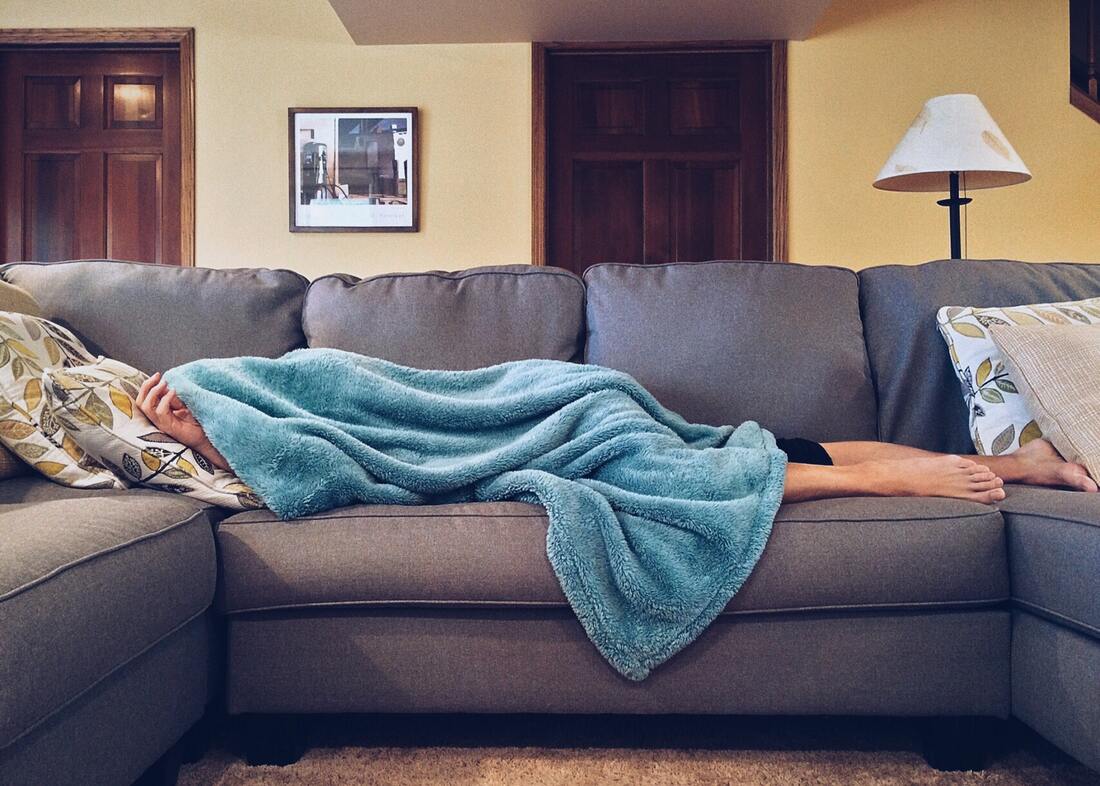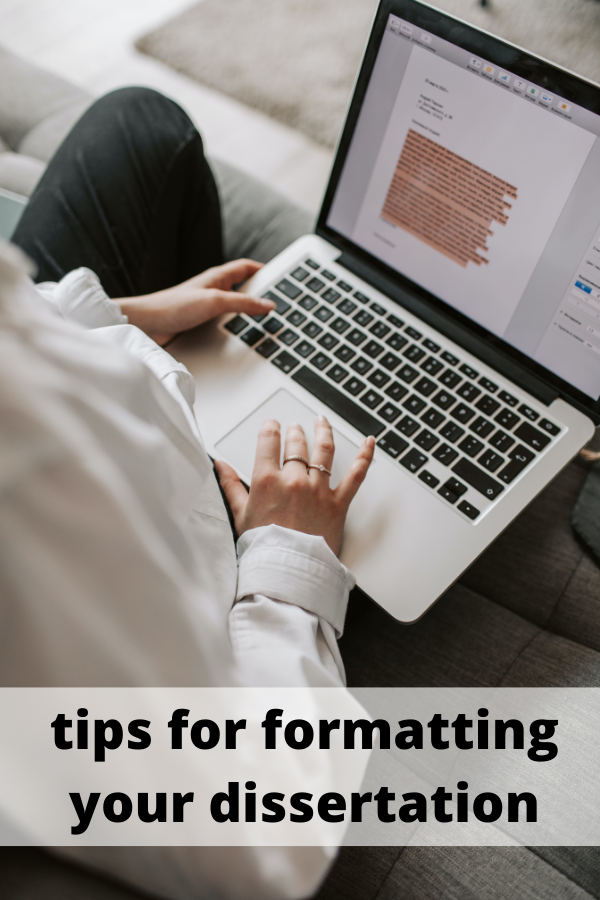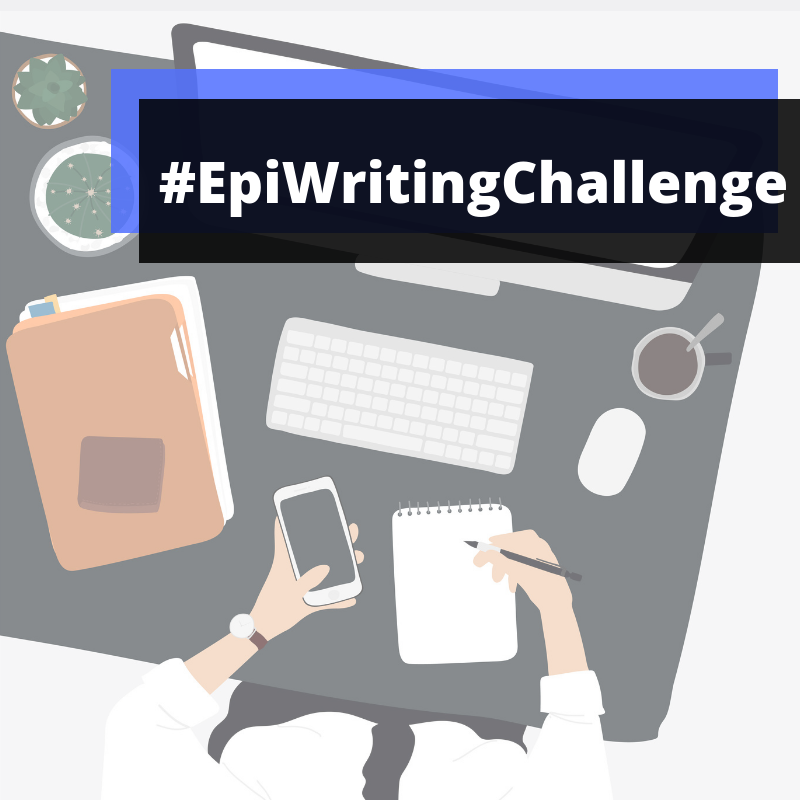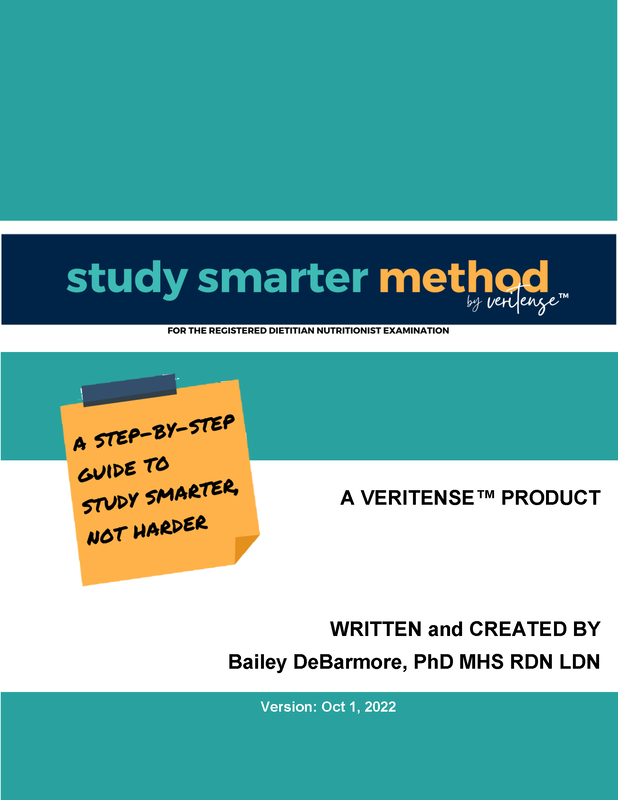|
Happy New Year! If you're like me, you spent your winter holidays on a soft and cold diet after getting your tonsils out.
Chances are, you're not like me in this department, but maybe you've clicked to this page because you're thinking about getting a tonsillectomy. Your doctor, the Internet, or friends and family may have told you that getting your tonsils out as an adult is a harder recovery than having them removed as a child. Many of us grew up with friends or siblings who had their tonsils out. It used to be routine to remove children's tonsils, however recent research revealed that children who get their tonsils removed before the age of 9 or 10 may be at increased risk of upper respiratory issues as an adult, like asthma. Tonsils are part of your immune system, and your immune system isn't fully developed until late adolescence or early adulthood. Researchers think that children having their tonsils removed at an early age can impact their immune system, affecting future disease risk. However, when adults get their tonsils removed (typically for chronic sore throats, less so for sleeping issues), research shows that the benefit of reduced sick days and better quality of life means the 2 weeks of recovery is worth the pain. Read on to learn about my experience getting my tonsils removed at age 28, on grad school holiday break.
For the past ten years, I've had a sore throat for about 75% of the time. In addition, I get about 3 "flares" - really bad sore throats - each year. After my worse flare yet over Thanksgiving, I finally made an appointment to see an ENT and got the recommendation: tonsillectomy.
I had my tonsils out on Friday Dec 13th (good thing I'm not superstitious!) and am now on Day 17. While other bloggers have written about their tonsillectomy experience by providing a day-by-day experience or a list ofdo's and dont's, I'm going to provide my overall tips for recovery. Note that the Amazon product links are affiliate links. At no extra cost to you, if you end up buying something through my links, I earn a small commission that helps keep my blog up. plan ahead
Hospital stay. Find out from your doctor if you'll be spending the night at the hospital after your procedure. My surgeon told me that as an adult, who has had frequent sore throats for ~10 years, I was at high risk of post-op bleeding. And so I would be spending the night at the hospital after my procedure.
Wearing comfortable clothes the day of my procedure, and packing some extras made my life easier. I also brought a squishy neck travel pillow (like this one) which was great for sleeping. I also brought my daily medications in their original containers with a printed sheet with the names and dosages. When the pharmacist came in to check them, it was easy to just point her to the plastic bag and let her do her thing. (The pharmacist has to verify that the medications you bring are what they're labeled as before you can take them while in the hospital).
Fill your post-op meds early. Your surgeon should give you a prescription for post-op pain medication. It will probably have a start date and end date, but you should be able to fill the prescription ~5 days before the listed start date.
My surgeon prescribed liquid hydrocodone-acetaminophen (Norco). I know that I get very nauseous, and usually throw up, with narcotics, so I asked for an anti-nausea prescription as well. They might prescribe sublingual ondansetron (Zofran) that dissolves under your tongue, or Transderm Scop (transdermal scopalamine) patches that go behind your ear. If you can choose, I recommend the patches. They last for 3 days. My anesthesiologist actually gave me a patch before surgery so I wouldn't be nauseous afterwards. You won't use your post-op meds while you're in the hospital, but it's good to have them ready to go when you get home (rather than having someone else go fill them at the pharmacy, which you may have to tag along for a narcotics Rx).
Prep your at-home situation. Before you go to the hospital for your procedure, make sure your home is recovery ready. Who is going to drive you home after surgery? Who will be helping you at home? I'm lucky enough to have my parents live nearby, and they helped me through the whole process. My dog and I stayed with them for 2 weeks and it made recovery so much easier.
If you have a roommate or friend driving you to and from surgery, but don't have 24/7 help at home, keep that in mind as you prep. You want to have your meds filled like I mentioned above, and have food and water near your bed or couch. If you'll be recovering up stairs from your kitchen, try borrowing a mini-fridge to keep in your room for your recovery. Having apple sauce, fruit cups, Jell-O, yogurt, popsicles, pudding, and ice cream on hand will make a big difference. You won't feel like eating, but you need to have something in your stomach each time you take your pain medications. Other ways to prepare include making sure you have plenty of clean comfortable clothes that are easy to find, and clean towels for showering. While you might not have energy for much in the beginning, taking a shower is usually a task worth the effort. It will help you feel human! Applesauce, strawberry ice cream, and strawberry ice-cream got me through the first few days.
Update your emergency contacts. Not because something is going to go wrong! But because your doctor or their staff may call after your surgery, and if someone is helping you out, its easier for that person to talk to them than for you to try. If you need to deal with your pharmacy or other doctors, note that they may not talk with someone about your medical matters unless they are listed as an emergency contact.
have ice chips handy
This tip gets its own entire section!
Other bloggers mention how important it is to hydrate, and how often they drank water in the first few days of recovery, even when they didn't want to eat much. It was incredibly difficult for me to swallow - so much so that I kept a cup nearby to spit, rather than swallow - and so swallowing water was off the table for me. My mom's neighbor, a nurse with an adult daughter who also had her tonsils out, recommended making "snow" - ice chips! If you have a Vitamix, Nutribullet, or another powerful blender, add a small amount of ice and blend it up. Put it in an insulated cup (Yeti, etc.) with a spoon and keep at your bedside. Constantly snacking on it while you're awake will help keep you hydrated without having to swallow water. You can also add the blended ice to other foods to thin them, like mashed banana, yogurt, or pudding. If you don't have any of the tools to make your own snow, check out my must have list. All links open in a new window. I swear by my Nutribullet but if you've been itching for a Vitamix, here's a great excuse to buy one. I love my 30 oz YETI for keeping water cold, and my 20 oz tumbler for keeping coffee hot. You'll find many uses for these after they keep your snow ice cold during tonsillectomy recovery.
the first 24 hours
If you're staying overnight, you'll be ordering meals from the hospital dietary. They will probably have a special soft diet (mine was called the TNA for "tonsillectomy and adenoidectomy"). Mine included ice cream, milkshakes, warmed broth and pureed soup, but it also included some heavier duty soft foods like chopped meatloaf with gravy and macaroni and cheese. I had lunch and dinner of those heavier meals, and while I thought it was good to do to help me in those first days, I would recommend forgoing the "real food" until later on. Turns out that after surgery, they do something to numb the back of your throat, so in those first 24 hours the pain wasn't nearly as bad as it was once I got home. I could talk and handle the heavier food, but I think I paid for it later with pain. I recommend sticking with milkshakes, Jell-O, and other soft and cold foods in the first 24 hours, and limiting how much you talk, even if it feels OK.
keep a pain med "diary"
Also, inherent in this section, TAKE YOUR PAIN MEDS. Don't try to tough it out. You will feel like your throat is on fire. I actually woke up from surgery and realized I was crying from the pain. My pain level on Day 2 (after the throat numbing magic wore off) was at a solid 8. Over the next 8 days, it fluctuated between 5 and 7. On Day 7 I did have an increase in pain (who knows why?), so note that it really is day-by-day.
Keep a notepad nearby and write down the time you take your meds, what it was (narcotic or Tylenol), how much you took, and your pain level. You might also note if you ate something before/after. It's a fine line being sure you have food in your stomach before you take your pain med, but also timing when you eat (more) about 30 minutes after you take your pain meds so that eating doesn't hurt as much. It's normal for your pain to spike after eating. Even if its ice cream or something else delicious. I used the notepad to write to my parents, instead of talk. Even when I could talk, sometimes it just hurt too much, or I just didn't feel like "spending" my speaking abilities on something.
In addition to nausea, pain meds can make you constipated. Not the most fun topic of conversation, but if you go a few days that way, you'll be feeling nauseous just from that. Ask your doctor the best way to combat this (stool softener versus laxative) before surgery, or reach out afterwards. Miralax (or the generic like this one) is easy to mix in to smoothies and milkshakes.
get moving, but gently
In the first week, when you feel ready, try to get outside and moving. I took a short walk with my dad and the dogs on about Day 3 or 4, and while it was taxing, it was nice to get out of bed. It was very cold out and the cold air did hurt my throat. If you're having your procedure in the winter, bring a scarf to wrap around your nose and mouth. If you're having your procedure in the summer, don't get overheated.
So, that's all I have! I hope my experience helps you prepare for seeing your ENT - ask plenty of questions! Feel free to leave a comment below about your own experience or any questions you have.
7 Comments
Elizabeth Wilke
10/8/2020 03:18:54 am
Thanks for the tips! What was your experience with the tonsil scabs and the process of how those came off?
Reply
Bailey
10/8/2020 12:05:56 pm
Hi Elizabeth! I read about tonsil scabs but never really experienced any issues with them. I think they just sort of came and went without noticing.
Reply
Jess
11/21/2021 01:31:11 am
How long did it take you to fully recover. Did you eat any solid food during recovery.
Reply
Bailey
11/28/2021 12:12:08 pm
Hi Jess! I think it took me about 2 weeks to come off the pain medications, and my voice was a bit raw for a month or so after.
Reply
JessZ
2/1/2023 10:02:16 pm
You mentioned your pain scale - was that WITH the pain meds working or between doses? Aaah. That's scary if it's with them. I guess I just thought your throat would hurt, I didn't realize it would really tax your whole body.
Reply
Bailey
2/2/2023 11:07:45 am
Hi! The pain is in your throat, and it's pretty intense mostly because you're constantly swallowing! It's like if you had sore ribs - and you have to keep breathing.
Reply
Karen Maze
11/2/2023 07:26:11 pm
Hi, Thanks for all the helpful info in this blog. I am 60 and just got my tonsils removed yesterday. So far so good. I feel that researching and be prepared is the best way to get through this. The pain on day 2 hasn't been bad at all. I am using ice packs on my throat, sticking s close to my cool mist vaporizer as possible, sucking on ice chips and drinking a ton of PH+ water with electrolytes. I have been able to eat blended foods, oatmeal and scrambled eggs. Along with pudding, popsicles, applesauce and jello. I hear day 3 and also around day 7-9 will be the worst. But so far I am doing great. Good luck to everyone else that is going this journey. Educate and prepare! Blessings!
Reply
Your comment will be posted after it is approved.
Leave a Reply. |
popular postsLike what you read?
categories
All
archives
July 2024
This website uses marketing and tracking technologies. Opting out of this will opt you out of all cookies, except for those needed to run the website. Note that some products may not work as well without tracking cookies. Opt Out of Cookies |












 RSS Feed
RSS Feed